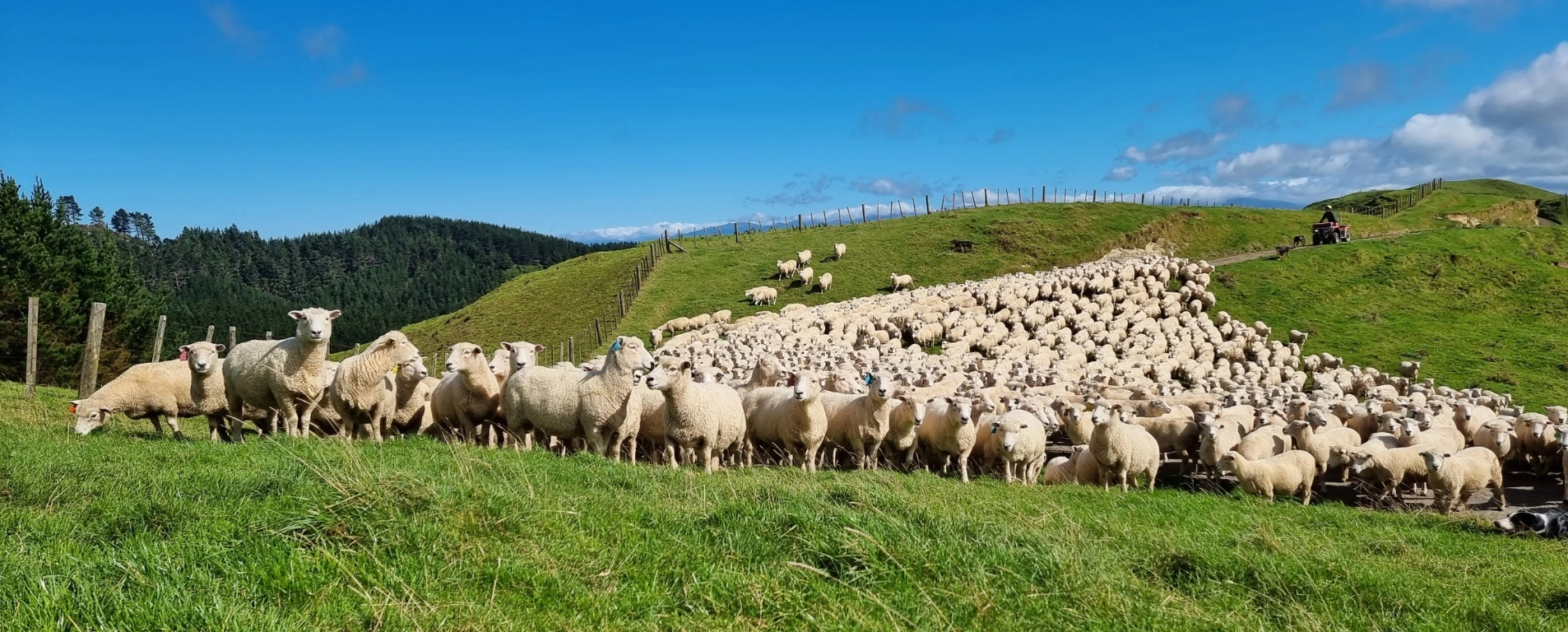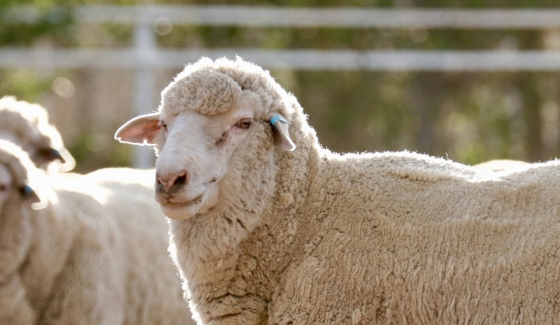
In the first article in this series, I discussed how the large variation in uptake of technology across agriculture is actually not different to the level of technology used within the (very much larger) non-farming population.
Circumstance, awareness, affluence, education, peer group and lots of other factors impact on our likeliness to change our behaviour and start using some new technology. I was thinking this week, how is an advertising campaign to sell some new technology different to an extension campaign designed to encourage farmers to change practice?
In this article, I am going to walk the tight rope of an issue that would rate highly in the list of things that annoy you the most: activism against agricultural production. The over-riding argument for this article is again, that farmers are in fact, people that farm. They have the same underlying drivers of caring for their family, community and property as anyone else. They also share a strong nurturing instinct for the animals in their care and the land on which they live.
The only difference between people that farm and those that don't is the scale of their backyard.
In my opinion, it is possible to argue that people that farm and people that don't are actually so similar that the urban-rural divide that we often hear about is a media driven concept and isn't real. Is there a general shift in community trust of farmers or are we just hearing an amplified view from a minority?
It doesn't seem to matter where you look or listen, you can't help but notice a growing negative feeling against the farming community. Through both the news and social media, it is easy to get the perception that, a) all farmers are evil and b) that everyone thinks this. As you know, farmers are people that farm, they are not evil and they don't hate the environment or their animals. These statements couldn't be further from the truth. The farmers I know speak of caring for their land, caring for their animals, caring for the people that help them farm. Their lives are intertwined with the natural assets of their farms, the animals they care for and they are deeply involved in their communities. So what do the people that don't farm actually think?

A normal week for me involves at least some time completely immersed in on-farm agricultural production AND some time as a civilian in a city of almost 400,000 people. As a generalisation, all of the people I know well are involved in agriculture and all of the people that my wife and children know well are not involved in agriculture. This is not a unique perspective, lots of people have moved from city to farm or farm to city, but it may be a different perspective to a lot of our clients and members.
My perspective is that most of the non-farming people are relatively neutral when it comes to people that farm, most of them don't think about it that much. They merrily grab their food and fibre from the shop as required and don't spend a lot of time thinking about how it got there. Some take the time to be more informed, but most don't. Even with the increase in bad press, I think people still largely either aren't that interested or actually view people that farm in a positive way. Is the urban-rural divide getting wider or are the people that don't farm just becoming increasingly interested in what happens on farm? If its the latter, that is actually a massive opportunity in my opinion.
The reality is, that some people that farm have let the team down and have done bad things to animals or the environment they farm in. Through social media or mainstream media some of these cases have been widely publicised, damaging the reputation of all people that farm. These cases have been further inflated by anti farming organisations. There is no defence for the minority of people that farm in a negligent way and it is important that these cases are called out as the abberations that they are.
The important thing, to me at least, is to not get worried about what you read or what you hear. Firstly, what you hear is the view of a minority and secondly, reacting to these things only adds oxygen to the fire. Worrying about them is also a waste of energy. There is nothing you can personally do to fix something negative that someone has said against you or your industry. All of your energy should be put into making sure your backyard is squeaky clean and that you are shouting that fact from the roof tops. We have to be telling stories of the great things going on in the industry. We can also tell stories of the not-so-great things as long as we have a plan for improvement. Nothing takes the wind out of a scaremonger's sails like front footing their campaign with the real story. The Sheep Collective seems like a good example here, I haven't followed it closely, but my impression is that by adding a lot of real transparency - video, people, sheep, not just facts and figures, this group seems to have been effective at taking the heat out of the live shipping debate in Western Australia. I haven't seen information on any resultant change in public perception but it would be an interesting case study. I believe that collectively we need to be working toward systems and strategies that allow our positive stories and true transparency to make their way to current and future consumers.
The anti-farming activist organisations have definitely increased their activity in the last 20 years. I don't agree with their philosophies or actions but I understand that they will always be there and that is how society works. Activism isn't a new thing and is also not something to be feared. History has shown that through activism a lot of social change has been achieved. It is fair to assume that the general folk in the late 1800's weren't big fans of the suffragettes, but without their actions, women would not have received the vote in 1893 in New Zealand, or 1902 in Australia. There is no doubt that the pressure from PETA to ban mulesing prompted an industry re-think in Australia and now, a decade on, brands are starting to align with this message. We will never agree with the anti-farming folks, but within their criticisms are messages that may help us predict what a future consumer might think?
In my opinion, the trend is quite clearly toward affluent consumers to be more informed or at least follow brands and trends that they are aligned with. This presents an opportunity for all of you reading who farm with high welfare outcomes and in a sustainable way. In time the opportunity will be created by ethical brands looking to align with people that farm in an ethical way. This has already evolved in wool through ZQ and to some extent RWS. Similar things are also evolving in the meat sphere.
This article has been written to encourage discussion. None of us know what lies ahead in our future, but maybe going the extra mile to ensure ethical production is the safest bet? A deepening connection between people that consume and people that farm is the best strategy of future proofing?









